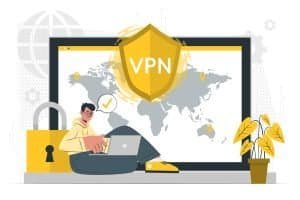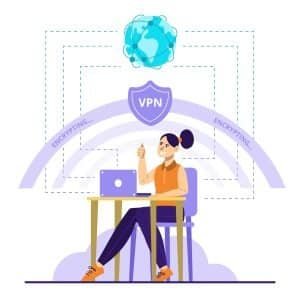Navigating the Complex World of VPN Legislation and Privacy Concerns
Hey there, digital defenders and privacy pioneers! In today’s interconnected world, Virtual Private Networks (VPNs) have skyrocketed, becoming a go-to tool for securing our online lives. But as VPN usage grows, so does government scrutiny worldwide, leading to a complex landscape of legislation and privacy concerns. Let’s delve into this intricate web and uncover what it means for you, the everyday internet user.
Why VPN Legislation Matters
In the quest for online privacy, VPNs have emerged as a critical ally, encrypting our data and masking our digital footprints. However, not all governments view VPNs positively, with some seeing them as a loophole for evading digital surveillance and censorship. This has led to a patchwork of legislation, with laws ranging from relatively lenient to downright restrictive.
A Global Overview
From the freedom-loving corners of the globe to the more authoritarian regimes, the approach to VPN legislation varies widely:
- Liberal Policies: Some countries uphold VPNs as a right, recognizing their importance in protecting user privacy and freedom of speech.
- Restrictive Measures: Conversely, others have imposed strict regulations, requiring VPN providers to register with the government or even banning their use altogether.
Privacy Concerns: The Flip Side of the Coin
While VPNs are champions of privacy, they’re not without their own set of concerns. The very feature that makes VPNs so appealing – the ability to conceal your online activities – also makes them a potential tool for malicious purposes. This has sparked a debate on the balance between privacy and security, with privacy advocates and security agencies often at odds.
Choosing Wisely: Tips for Navigating the VPN Landscape
How do you choose the right VPN in a world where both the laws and the stakes are constantly evolving? Here are a few tips:
- Research: Look into the VPN’s country of origin and understand local data retention and privacy laws.
- Transparency: Opt for transparent VPN providers about their policies and practices.
- No-logs Policy: Choose a VPN that doesn’t keep logs of your internet activities, offering an added layer of privacy.
The Future of Online Privacy
As we move forward, the conversation around VPN legislation and privacy concerns is bound to continue. With technological advancements and the ever-growing importance of digital privacy, staying informed and proactive is vital.
Final Thoughts
In the digital age, the quest for privacy is more relevant than ever. By understanding the landscape of VPN legislation and being armed with the knowledge to make informed choices, we can navigate the online world more securely and freely.
Read Also:














